Tabled at 12.16pm Thursday and withdrawn by 9.21am Friday, the Crime and Corruption Amendment Bill 2020 (the Bill) had a very short lifespan.
In the face of an outcry from media outlets and the Opposition, the Queensland Government announced its intention to withdraw the Bill in a three-line statement from the Attorney-General early on the Ekka public holiday on Friday.
So what could have led to this? And what could be so controversial to have led a Government to backflip on a piece of legislation 2½ months prior to an election?
At its root, the answer is two fundamental rights colliding around the publication of political corruption allegations to the Crime and Corruption Commission (CCC) in the press.
What are the rights?
The Queensland Human Rights Act sets out two relevant rights at play in this situation. The first is section 25:
25 Privacy and reputation
A person has the right—
(a) not to have the person’s privacy, family, home or correspondence unlawfully or arbitrarily interfered with; and
(b) not to have the person’s reputation unlawfully attacked.
The second is section 21:
21 Freedom of expression
(1)Every person has the right to hold an opinion without interference.
(2)Every person has the right to freedom of expression which includes the freedom to seek, receive and impart information and ideas of all kinds, whether within or outside Queensland and whether—
(a) orally; or
(b) in writing; or
(c) in print; or
(d) by way of art; or
(e) in another medium chosen by the person.
Balancing competing rights is always a difficult matter and is often summed up in the quotation of Prohibitionist John B. Finch: “…your right to swing your arm leaves off where my right not to have my nose struck begins.”
In this case the public’s right to know about allegations of political corruption has been brought into conflict with the right of the target of the allegation not to have their reputation attacked without some examination of the veracity of the complaint.
What did the CCC recommend?
The Explanatory Notes1 to the Bill relevantly state:
“The policy objectives of the Bill are to amend the Crime and Corruption Act 2001 (CC Act) to implement the recommendations of the Crime and Corruption Commission (CCC) relating to the publicising of allegations and complaints in the following reports:
• Publicising allegations of corrupt conduct: Is it in the Public Interest?, December 2016 (CCC’s 2016 report); and
• An investigation into allegations relating to the appointment of a school principal, July 2020 (CCC’s 2020 report).”
The CCC’s 2016 report focused on local government elections and it recommended:2
“196. The CCC recommends the government consider making it an offence for any person to publicise:
a) allegations of corrupt conduct against a councillor or candidate during a local government election period; or
b) the fact that a complaint (whether or not it involves corrupt conduct) has been, will be or may be made to the CCC against a councillor or candidate during a local government election period without first notifying the CCC and allowing the CCC at least three months to determine whether the allegations have merit.”
At the time, Queensland Law Society made a submission to the consultation on the CCC’s 2016 Report and relevantly said:3
“The Society is of the view that publicising allegations of corrupt conduct may be fraught with potential misuse and may result in irreversible damage to individual’s reputations if the complaints are found to be baseless and/or vexatious.
“QLS submits that maintaining a requirement for confidentiality in the assessment stage of complaints will assist in deterring baseless or politically motivated complaints. Not only should there confidentiality by the Commission, but there should be an obligation that the complainant must be prohibited from publishing the fact of their complaint.
“In the view of the Society, the only exclusion to this confidentiality would be where the Commission has given a clearance based upon public interest factors, and only after the Commission has accepted that the complaint has a base for further investigation.”
The July 2020 CCC report discussed the work done since the 2016 report and the reason the commission expanded its recommendations:4
“665. In October 2017 the CCC held a public forum to discuss whether it was in the public interest to publicise allegations of corrupt conduct and, if it was not, what legislative or other options were available to prevent this.
“666. Publicising allegations of corrupt conduct may adversely affect the ability of the CCC to perform its corruption function, damage the reputation of the person alleged to have engaged in corrupt conduct, and compromise the fair trial of persons charged with corruption. However, identifying a solution that ensures allegations of corrupt conduct are kept confidential must be balanced against the right to freedom of speech within current legal constraints and the need for open and accountable government.
“667. The CCC recommended that a proposed new offence be established in relation to publicising allegations of corrupt conduct during a local government election period or publishing that a complaint has been, will be or may be made to the CCC against a councillor or candidate during a local government election period.
“668. The CCC recommends this proposal be implemented and extended to the State election period.
“669. The CCC recently said, in a media statement:
‘It is the CCC’s longstanding position that it is always the preference for complaints and other correspondence relating to assessments and investigations to remain confidential so matters can proceed without allegations being aired publicly. Publication of a complaint or correspondence may compromise how effective inquiries undertaken by the CCC can be, especially when potential witnesses have advanced warning. The publication of a complaint can also lead to unsubstantiated allegations being aired publicly, and may give the appearance a complaint is motivated for political gain or other reasons.’
“670. The CCC repeats this observation in relation to this matter.”
The July 2020 Report recommendation formed the basis of the Bill and brought to the fore the conflict between the two rights.
So what happens now?
It is expected the Government will formally withdraw the Bill at the next sitting of Parliament in September and it will not be progressed.
Despite the announced withdrawal of the Bill on this occasion, the issue of balancing rights in reporting allegations to the CCC is likely to resurface.
Notes
1 parliament.qld.gov.au/documents/tableOffice/TabledPapers/ 2020/5620T1371.pdf.
2 ccc.qld.gov.au/sites/default/files/Docs/Publications/CCC/Publishing-allegations-of-corrupt-conduct-Report-December-2016.pdf.
3 qls.com.au/files/d027224d-364a-4213-97a3-a65700f3ff0e/3263_Submission_to_Crime_and_Corruption_Discussion_Paper_-_Publicising_allegations_of_corrupt_conduct.pdf.
4 ccc.qld.gov.au/sites/default/files/Docs/Publications/CCC/CCC-Report-An-investigation-into-allegations-relating-to-the-appointment-of-a-school-principal.pdf.



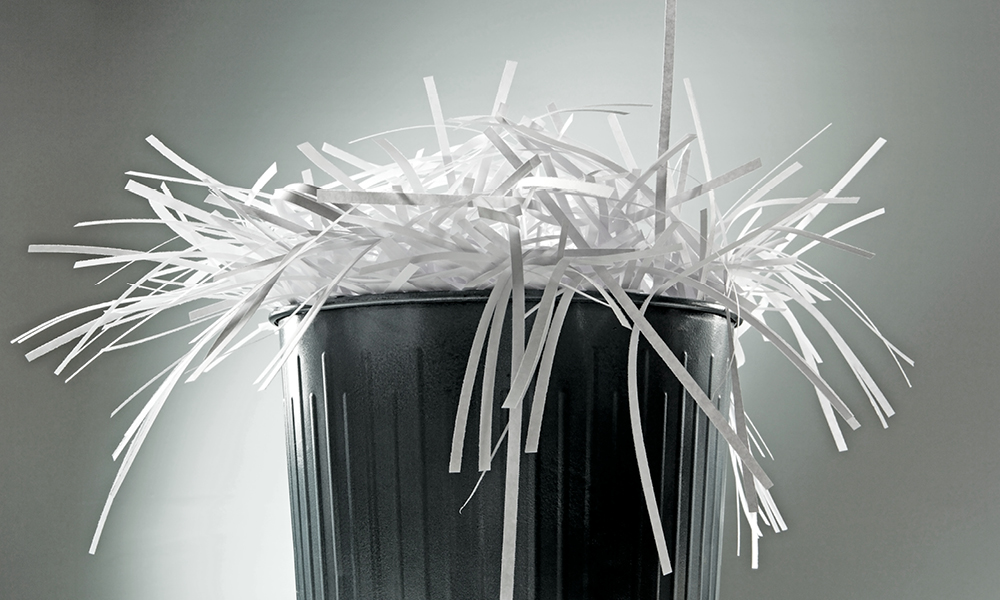





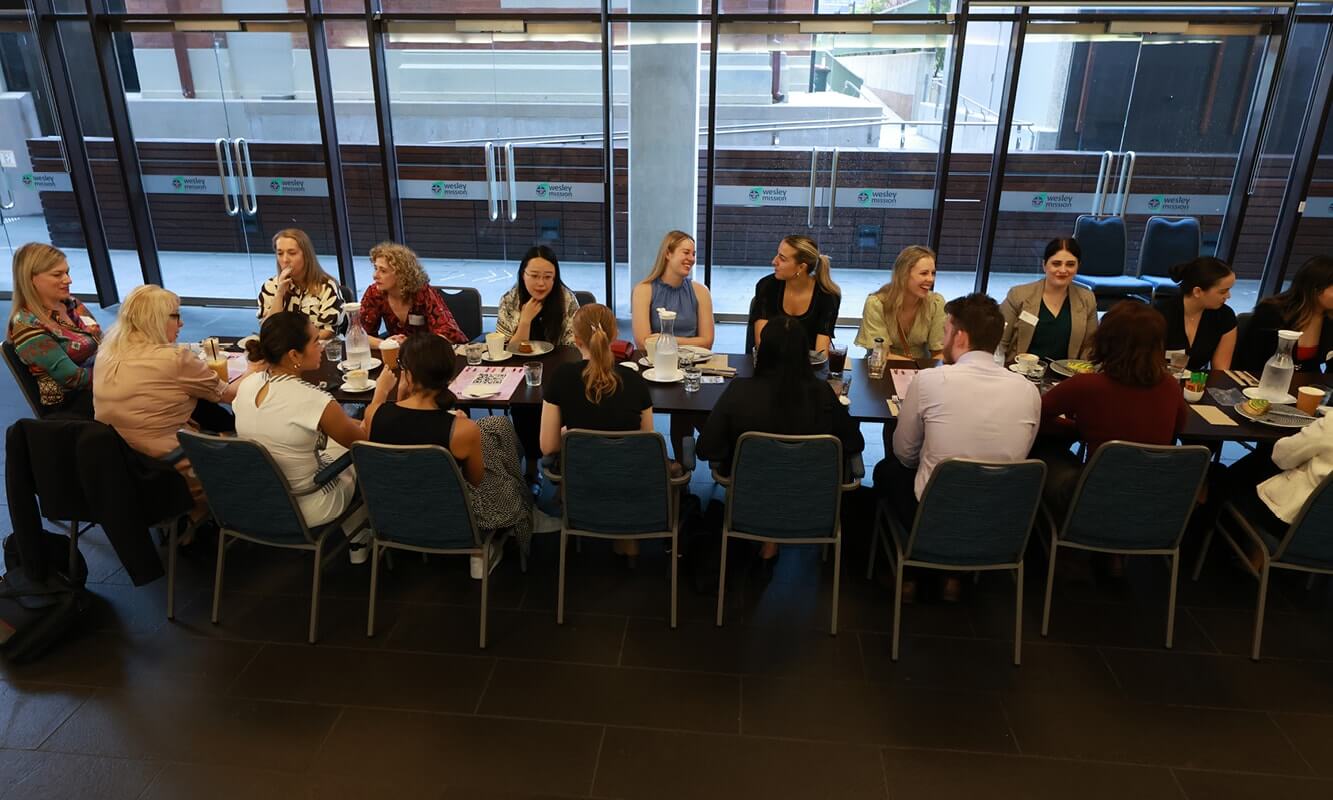
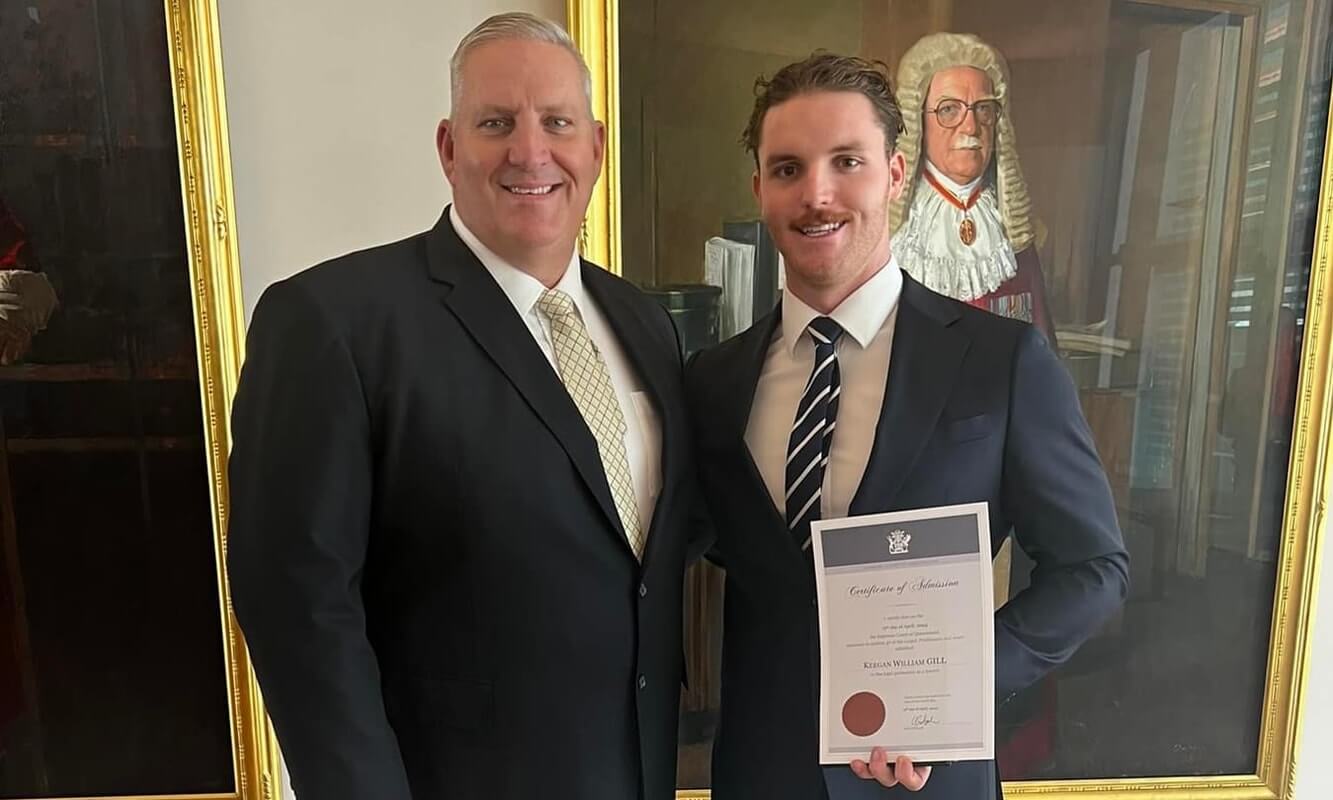
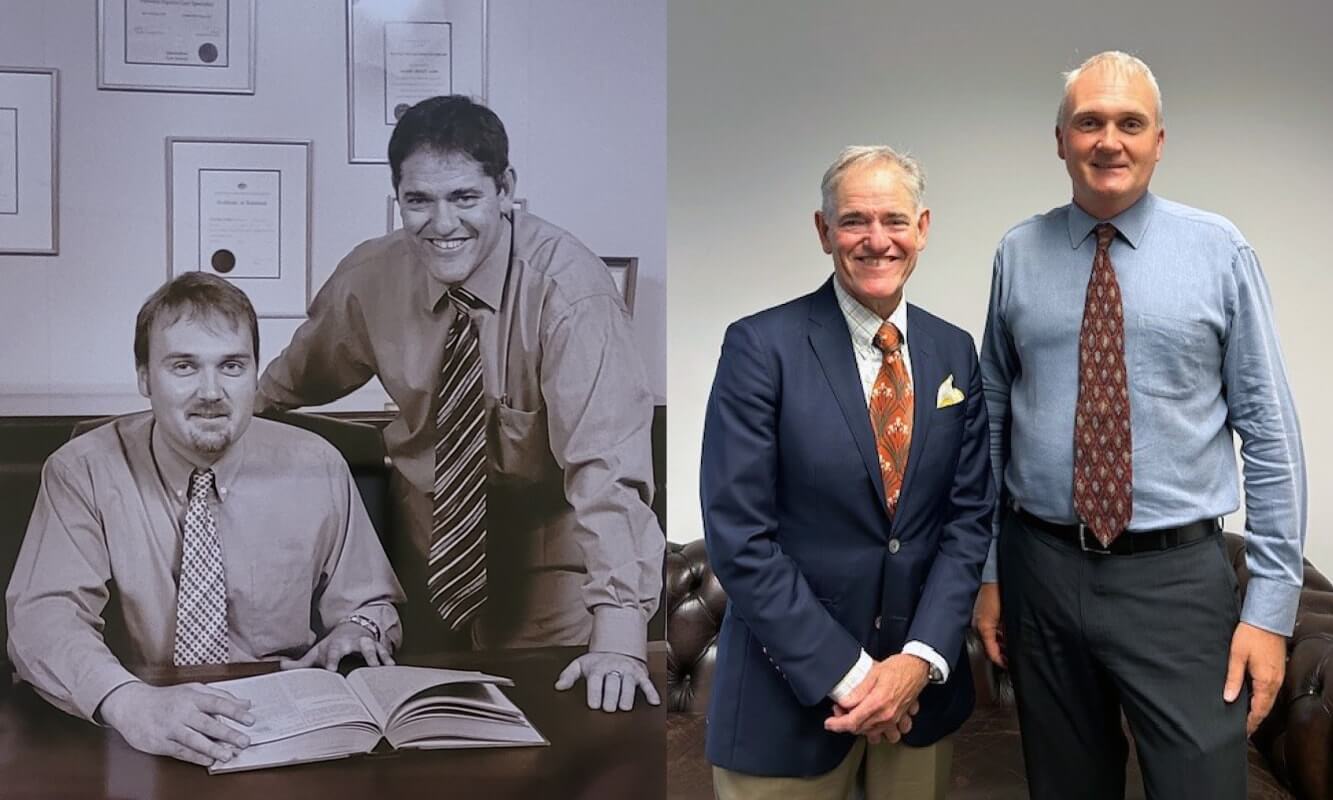
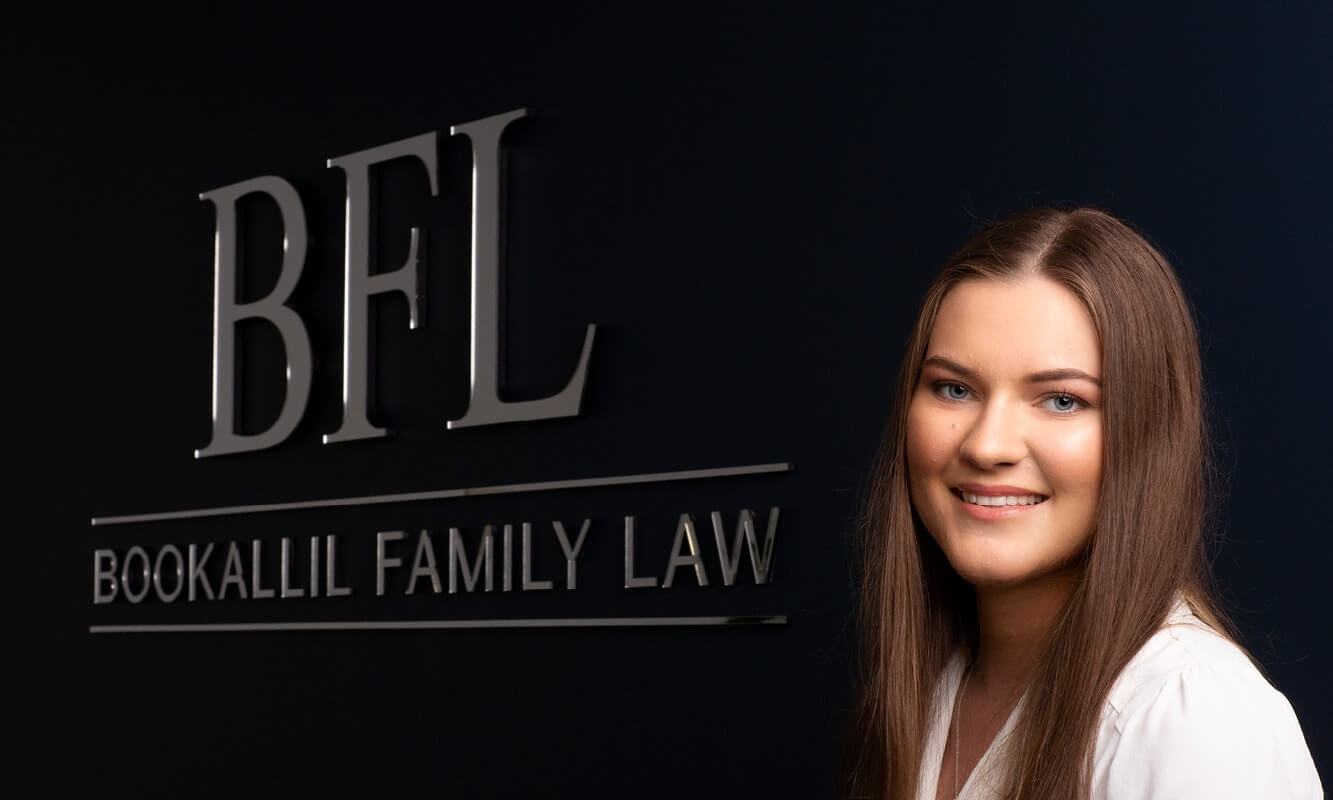

Share this article